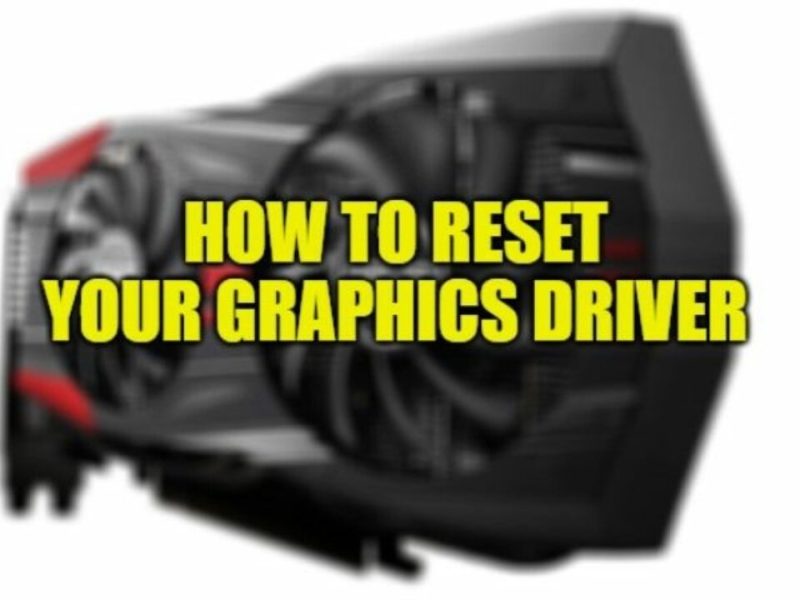There are several issues that can negatively affect your computer’s performance. Invalid registry entries, unnecessary startup programs, temporary files, and a poorly organized file system can all slow down the basic functioning of a computer system. Network speed when online can be affected by spyware, malware, various automatic software updates, or an overloaded router. Other factors, such as not restarting the computer, running out of memory or disk space, conflicting drivers, and even weird graphic animations on the screen, can all consume vital system resources. Computer performance can be improved, sometimes dramatically, by taking time to clean up the insides of a system.
Viruses, spyware, and other malware can slow down a computer.
One thing that can really tax your computer’s performance, especially during startup, is a clogged system registry. The registry includes instructions to the operating system about where programs and drivers are, as well as associations between files, programs, and the operating system. Some software installation and uninstallation programs incorrectly add or remove registry entries. Every time the operating system encounters a bad registry entry, it takes a while to resolve or ignore it. There are many programs available that can scan and repair your system registry.
Graphics cards can help improve the functionality of your computer.
Driver conflicts between different devices, whether they are installed or not, can affect more than just how your hardware works. Conflicts affect computer performance primarily by interrupting the normal processing of system events, causing slowdowns and crashes or crashes, depending on which devices the conflicts are related to. This can be difficult to fix, but since it can be exploited by malware, some antivirus programs look for this type of problem.
Installing additional RAM can help speed up your computer.
Using the system’s built-in defrag utility can help a computer access files faster and more efficiently, improving computer performance to a very low level. A defragmenter will move different parts of a file so that they appear in contiguous blocks of memory, which means the hard drive has to move less while reading, and as a result makes your computer faster. Sometimes this process also detects errors on the physical hard drive that can be repaired to prevent future problems.
Defragmenting or freeing up space on a computer’s hard drive can improve performance.
The speed at which a computer accesses the Internet or a network can be slowed down by spyware on the computer or by blocking the connection with programs that are trying to use the connection at the same time. Using spyware removal and antivirus software can remove problem programs, while employing a firewall can prevent unwanted programs from communicating with remote servers. Hardware used to connect to the Internet, such as a router, should also be stopped by turning it off from time to time, resetting its internal volatile memory and potentially improving your computer’s online performance.
There are little things that could make a difference and help tune up some aspects of your computer’s performance. A system will run faster if visual bells and whistles, such as transparent menus or animated cursors, are disabled. Removing programs that are not used or needed will also help, particularly in the case of unwanted programs from the system startup folder. Cleaning browser cache directories and temporary operating system files can give a huge boost to both available hard drive space and speed.
If a computer has been cleaned, defragmented, and rebooted and is still running slowly, then it might be time to upgrade the hardware. This could mean adding a larger hard drive, expanding the amount of random access memory (RAM), or even changing the operating system. All of these actions could dramatically improve your computer’s performance, but they can also be costly and time consuming.
Computers can slow down significantly when too many programs access the network connection at once.


